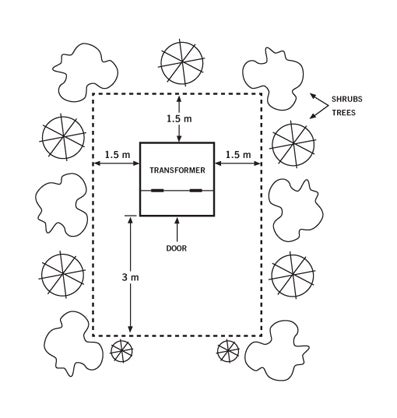Electrical Safety at Home
Renovating your home
Renovating your home
When you complete any home renovation project that involves electricity, you must have the electrical work done by a licensed electrical contractor. Visit the Electrical Safety Authority website to locate a licensed electrician.
- If you are having someone do electrical work in your home, they must be a licensed electrical contractor. Ask the contractor to see their Electrical Safety Authority (ESA)/ECRA licence number. For more information and to locate a licensed electrical contractor, visit the Electrical Safety Authority website.
- Be sure you and your contractor follow all local building codes, the Ontario Electrical Safety Code, and all bylaws and permit requirements.
- A permit for electrical work must be obtained within 48 hours of when any electrical work begins.
- All electrical work must be inspected and approved by the Electrical Safety Authority. This inspection must be done prior to covering any wiring with drywall or any other wall/ceiling materials.
- Once the inspection is complete and approved, the permit holder will receive a certificate of inspection from the Electrical Safety Authority.
- Check the wiring requirements of your major appliances such as electric ovens and clothes dryers, and ensure they are wired by a qualified electrician whose work is inspected by the Electrical Safety Authority.
- Power tools should have either a three-prong plug or double insulation. Keep all tools and cords in good condition and never use power tools on wet grass or other wet surfaces.
